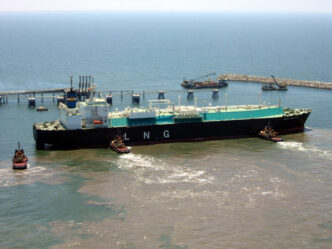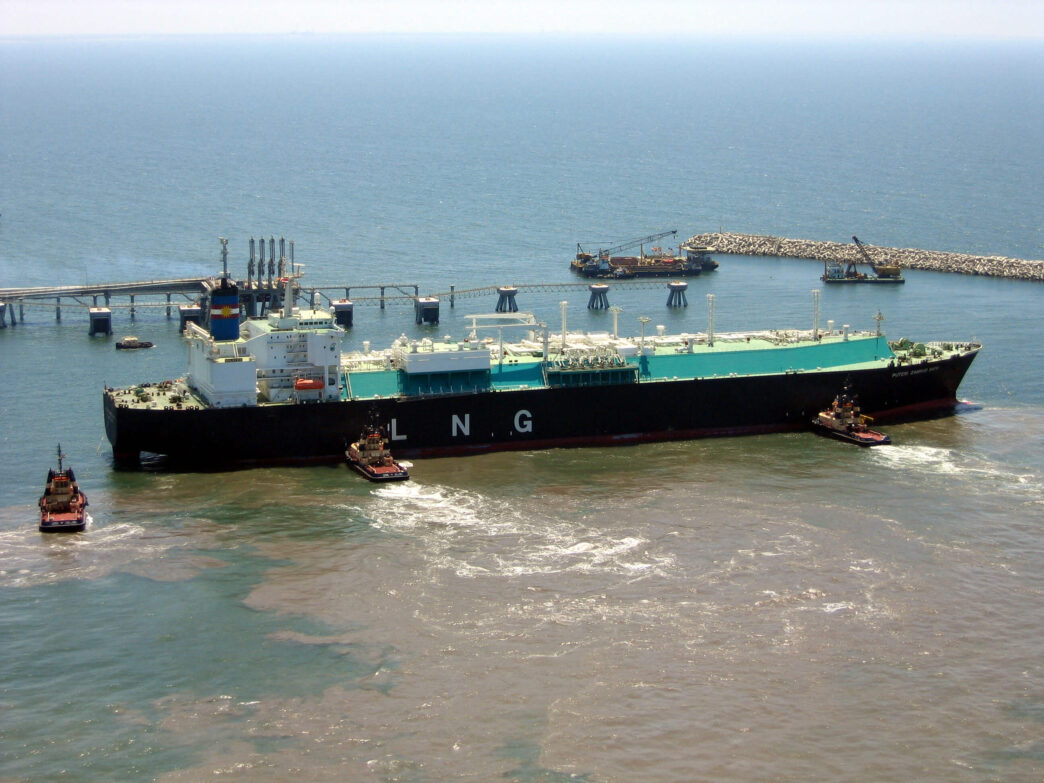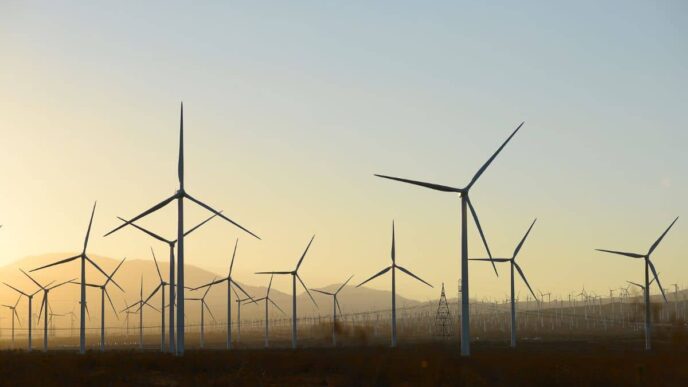Egypt is rapidly increasing its imports of liquefied natural gas (LNG), a shift that experts say could have significant implications for the global energy landscape. Traditionally a net exporter of natural gas, recent domestic demand growth and supply constraints have pushed Egypt to become a major LNG importer.
The North African nation’s expanding LNG imports reflect its economic growth, industrialization efforts, and rising electricity consumption. Power plants fueled by natural gas are crucial to meeting Egypt’s energy needs, especially as the government phases out subsidies and encourages private sector investment.
This surge in demand comes amid a globally tightening LNG market, driven by factors such as geopolitical tensions, supply disruptions, and the energy transition. Egypt’s entry as a major LNG buyer could alter regional trade flows, increase competition for cargoes, and influence pricing dynamics.
Moreover, Egypt’s strategic location near key shipping routes makes it a pivotal player in Mediterranean energy markets, potentially serving as a hub for re-exporting LNG to Europe and other regions.
Industry analysts note that Egypt’s LNG import growth may prompt producers to adjust their supply chains and long-term contracts, while also encouraging infrastructure investments in receiving terminals and storage.
As Egypt navigates this energy transformation, its role in global LNG markets is expected to expand, making it a critical focal point for policymakers and industry stakeholders worldwide.
















